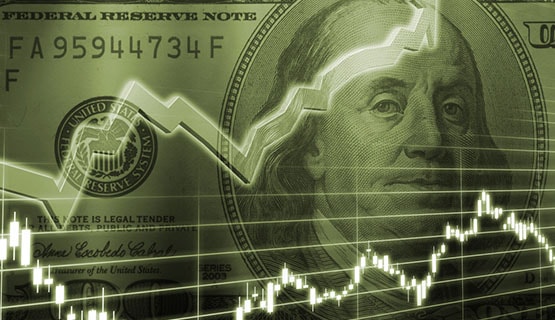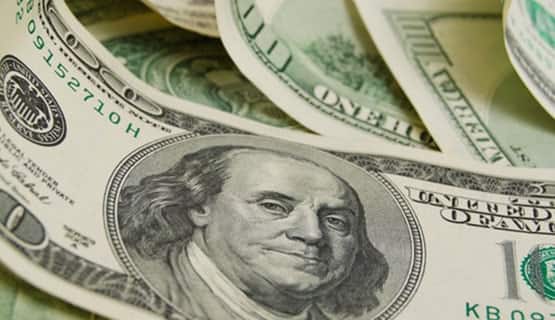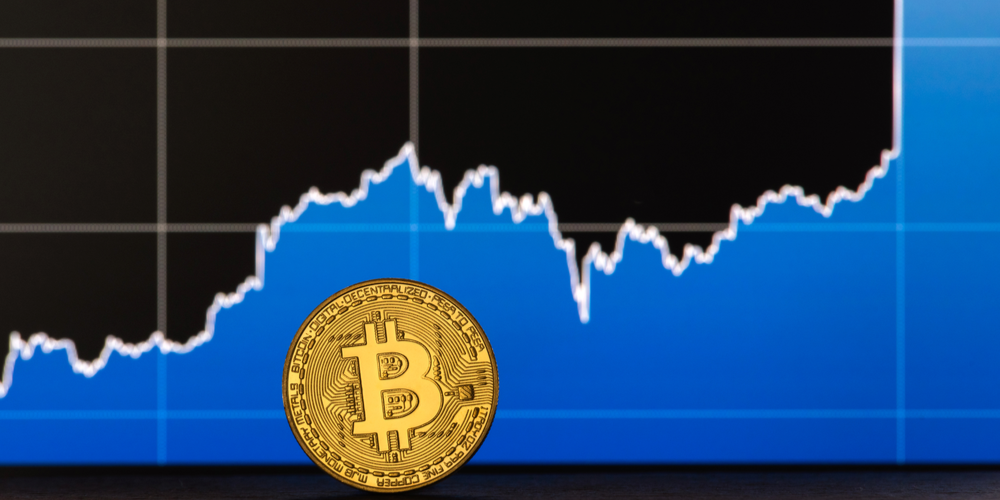Financial market research and analysis
Our analysts have their fingers on the pulse of the world's financial market news.

Since bottoming in 2015, the Turkish Lira has weakened against the euro, and soaring inflation as well as concerns regarding funding of the country’s current account have accelerated the weakness. To attract investors back to Turkey, the central bank announced an emergency hike in overnight interest rates, increasing the cost to borrow by 3% to 16.5%, which they hoped would attract investors. The emergency rate hike was initially positively received, but comments from Turkey’s president generated a mixed message which led to a further selloff in the Turkish Lira.
How did Turkey Enter a Currency Crisis?
The Turkish Lira has declined nearly 25% versus the Euro since the beginning of 2018. The acceleration in negative sentiment took years but has now reached crisis levels. In the wake of the global financial crisis, as credit concerns eased, money flowed into Turkey, and growth soared to 7.4% in 2016. The increase in GDP came with rising inflation, which has made it difficult for consumers to purchase everyday goods.
From the beginning of 2016 to the end of 2017, the Turkish Lira dropped more than 33% against the Euro reflecting concerns related to rising inflation. Historically, to curb inflation a central bank will increase interest rates, reducing growth and spending. As it became clear that the U.S. would begin the normalization process of increasing interest rates, concerns grew that Turkey’s heavily indebted corporate sector would come under attack. Turkey has 295 billion in foreign currency debt and as the Lira declines the funding expense grows.
Why Did the Central Banks Tactics Initially Fail?
Generally when a central bank raises rates in an emergency fashion, the markets understand that the country is under the gun. A rate increase makes it painful to be short the Turkish Lira especially against the Euro where overnight rates are negative. The issue stems from comments from President Recep Tayyip Erdogan’s who vehemently objected to an increase in interest rates. Erdogan seems to have studied a new breed of economics where higher rates generate elevated levels of inflation as opposed to curbing it.
By trying to say that Turkey is not in crisis mode, the President is leading investors down an uncertain path. The significant decline in the Lira is likely to lead to soaring inflation, as Turkey’s depressed currency makes imports much more expensive.
With inflation in Turkey running at 11%, Erdogan wants to immediately tackle the problem after the elections which are scheduled for June 24, 2018. The President also wants to reduce the issues Turkey has faced with a widening current account, which has increased dramatically making Turkey dependent on outside capital.
What Can Be Done to Reverse the Decline in the Turkish Lira?
The biggest issue Turkey faces is that authorities are not on the same page. Many do not believe that the central bank’s autonomy will remain following snap elections. A clear message to investors that the Turkish bank is independent would go a long way in calming the markets. Additionally, further rates hikes will also discourage short-term investors from continuing to sell the Lira. Rates in excess of 20%, would make it very difficult for investors to attempt to continue to short the Lira as the carry costs would be astronomical.
The emergency rate hike generated a 50 big figure rally in the Lira, but investors were not convince Erdogan was on board, which led to further selling pushing the Lira back to the 5.6 region versus the Euro. Further rate increases and a cohesive message are the best short term solution for Turkey. If they are able to get the Lira under control, they can then begin to reduce rates, and outside funding, which might eventually lead to a stable Lira.
The information and comments provided herein under no circumstances are to be considered an offer or solicitation to invest and nothing herein should be construed as investment advice. The information provided is believed to be accurate at the date the information is produced. Losses can exceed deposits.
The information and comments provided herein under no circumstances are to be considered an offer or solicitation to invest and nothing herein should be construed as investment advice. The information provided is believed to be accurate at the date the information is produced. CFDs are complex instruments and come with a high risk of losing money rapidly due to leverage. Please note that 71% of our retail investor accounts lose money when trading CFDs. You should consider whether you understand how CFDs work and whether you can afford to take the high risk of losing money.
 Change Language ▼
Change Language ▼








